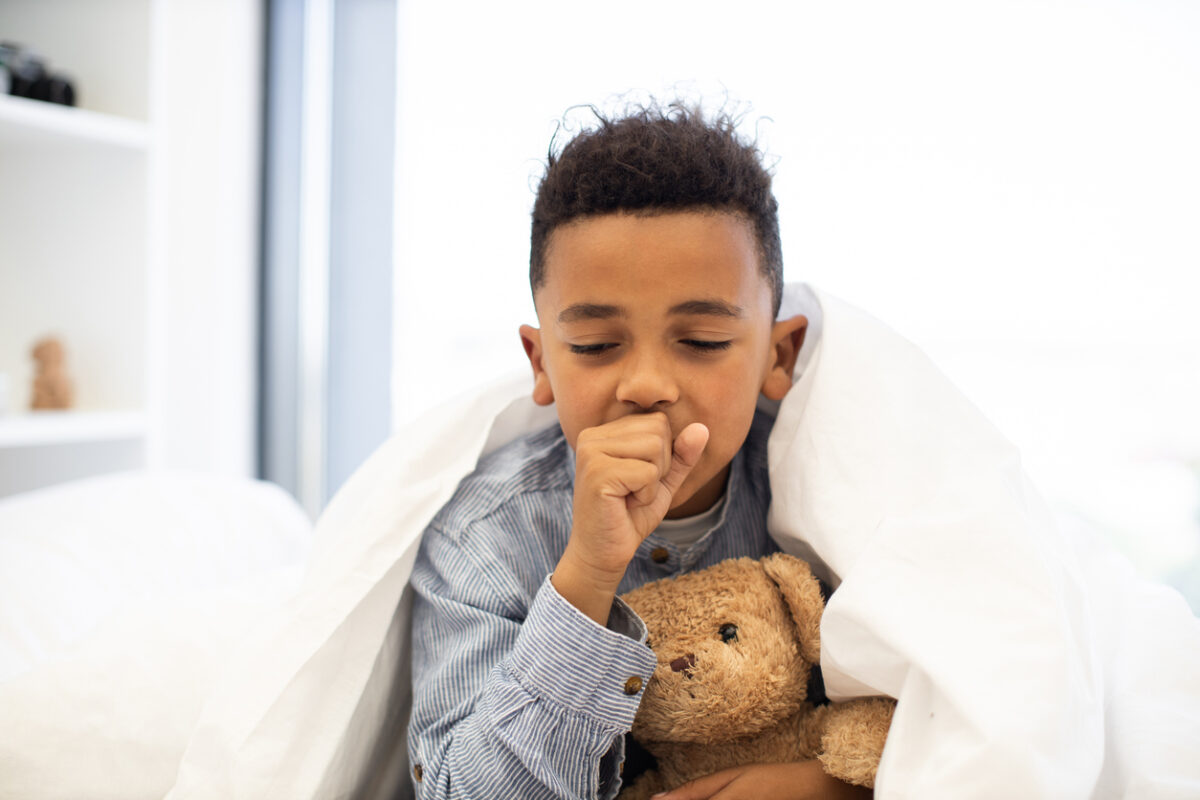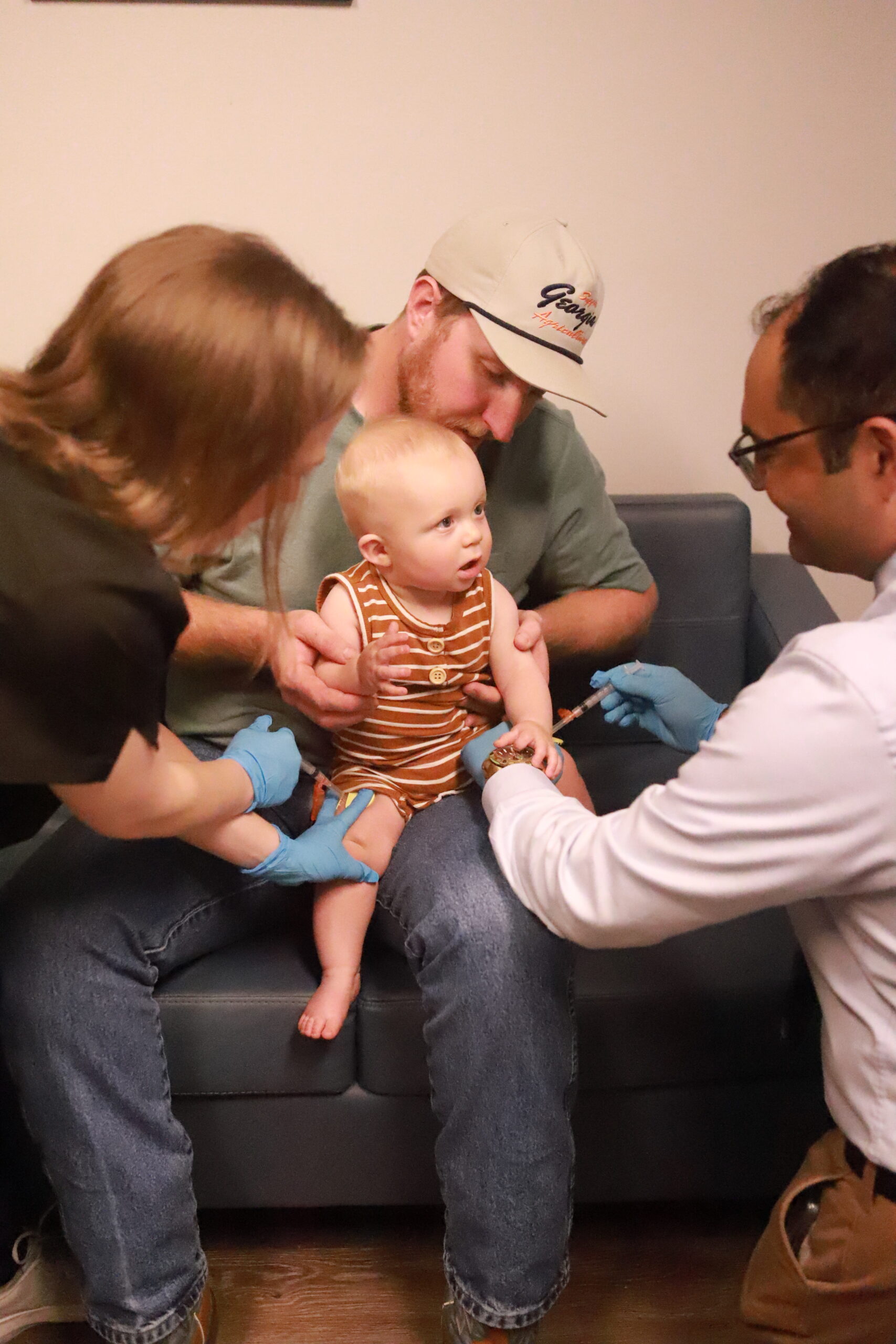child
As pediatricians, we often encounter cases of respiratory infections that are usually mild, but certain ones, like Mycoplasma pneumonia (often called “walking pneumonia”), can sometimes develop into something more serious. Mycoplasma pneumonia is a type of atypical pneumonia commonly seen in school-aged children and young adults, and it’s important for parents to know the basics about it. Here, we’ll cover the signs, symptoms, how it spreads, and when to seek treatment.
What is Mycoplasma Pneumonia?
Mycoplasma pneumonia is a bacterial infection that usually affects the respiratory system. Unlike traditional pneumonia, which can cause severe symptoms requiring immediate intervention, Mycoplasma pneumonia is often mild, resembling an upper respiratory infection (URI) more than a typical pneumonia. This mild nature is why it’s sometimes referred to as “walking pneumonia.” While most children with Mycoplasma experience minor symptoms, in certain cases, the infection can progress to a more severe form, making early recognition helpful.
Signs and Symptoms
In children, the signs and symptoms of Mycoplasma pneumonia can vary, but they often include:
- Persistent dry cough: This is one of the most common symptoms and may last for weeks.
- Sore throat: Children may experience a mild sore throat, similar to that of a common cold.
- Low-grade fever: Fever is usually mild but can occasionally spike.
- Fatigue and weakness: Children may feel tired or listless even if their symptoms appear mild.
- Headaches and body aches: These are more common in older children and adolescents.
Though symptoms often start mild, parents should be on alert if a persistent cough, shortness of breath, or fever that doesn’t improve develops, as these could indicate the infection is becoming more serious.
How is Mycoplasma Pneumonia Spread?
Mycoplasma pneumonia is spread through respiratory droplets, meaning it can be passed from one person to another through coughing, sneezing, or even talking in close quarters. This makes schools and daycare centers common places where the infection can spread quickly among children. It is also more common during colder months, as children are indoors and in closer contact with each other.
Treatment: Does It Always Require Antibiotics?
The good news for parents is that most cases of Mycoplasma pneumonia in children are mild and may not require antibiotics. Typically, symptoms resolve on their own with rest, hydration, and supportive care. However, in some cases where symptoms persist or worsen, your pediatrician may consider an antibiotic. While many bacterial infections require specific antibiotics, Mycoplasma pneumonia is unique in that it often responds well to a commonly prescribed antibiotic called azithromycin, or a “Z-Pack.” Azithromycin can quickly reduce symptoms and speed up recovery when necessary.
When to Seek Medical Advice
While Mycoplasma pneumonia often resembles a cold, if your child has symptoms that worsen or last beyond a week, it may be best to consult your pediatrician. Other red flags to watch for include:
- Persistent high fever
- Shortness of breath or difficulty breathing
- Severe cough that worsens over time
- Noticeable fatigue affecting your child’s daily activities
Prevention Tips
Because Mycoplasma pneumonia spreads easily in group settings, encourage children to practice good hygiene, especially during cold and flu season. Regular handwashing, covering coughs and sneezes, and avoiding close contact with those who are sick can all help reduce the risk of infection.
In summary, while Mycoplasma pneumonia is typically mild and often goes away on its own, it can sometimes lead to more severe respiratory issues. By recognizing the signs early and understanding when antibiotics like azithromycin may be helpful, parents can feel confident in managing their child’s health this cold season. For any questions or concerns, feel free to reach out to our office—our team is here to help you and your family stay healthy!

